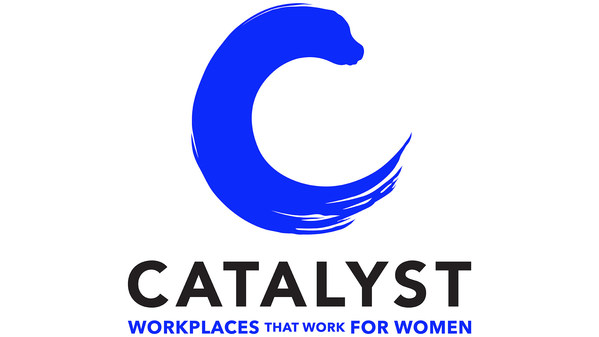 |
NEW YORK, Feb. 2, 2022 /PRNewswire/ -- As the workplace continues to change during the pandemic, data show it's crucial for team leaders and members to act inclusively to advance gender equity and increase employee engagement and innovation, according to a new global study from Catalyst.
The study, Three Inclusive Team Norms That Drive Success, surveyed 4,300 employees in countries around the globe and features data breakouts for 14 main countries by gender (and race or ethnicity where data are available). We found three specific inclusive team norms that boost key indicators of team success across a diverse set of populations and industries: promote expressions of difference; foster a team coaching climate; and codify fair team decision-making practices.
Catalyst researchers Sheila Brassel, PhD, Tara Van Bommel, PhD, and Kathrina Robotham, PhD, found that these norms – defined as informal expectations that dictate how we should and should not behave at work – drive team problem-solving, innovation, and citizenship, as well as individual work engagement and overall experiences of inclusion at work.
According to Dr. Brassel, "Right now we have an unprecedented opportunity to reimagine workplaces to be more inclusive for people of all genders and racial, ethnic, and cultural backgrounds. A critical component of these workplaces of the future lies in the way teams operate—not just how leaders and managers work, but how everyone on the team works together by exhibiting the three inclusive team norms our study highlights."
The study encourages inclusive teams to cultivate their differences while striving together by:
The report also notes that leaders and team members who are building inclusive teams in hybrid workplaces should implement a remote-first approach – with policies and practices developed to include their colleagues working from different locations or schedules. This enables the team to establish communications practices and processes, including written records, to encourage better collaboration.
"Companies and teams who value inclusive team norms are best prepared to address workplace inequities in the future of work," said Catalyst President and CEO Lorraine Hariton. "These data represent an opportunity for companies to improve innovation, productivity, and employee engagement."
Learn more and download the study here.
About Catalyst
Catalyst is a global nonprofit supported by many of the world's most powerful CEOs and leading companies to help build workplaces that work for women. Founded in 1962, Catalyst drives change with preeminent thought leadership, actionable solutions, and a galvanized community of multinational corporations to accelerate and advance women into leadership—because progress for women is progress for everyone.
Contacts:
Naomi R. Patton |
Stephanie Wolf |
Vice President, Global Communications |
U.S. Communications Consultant |
Catalyst |
Catalyst |